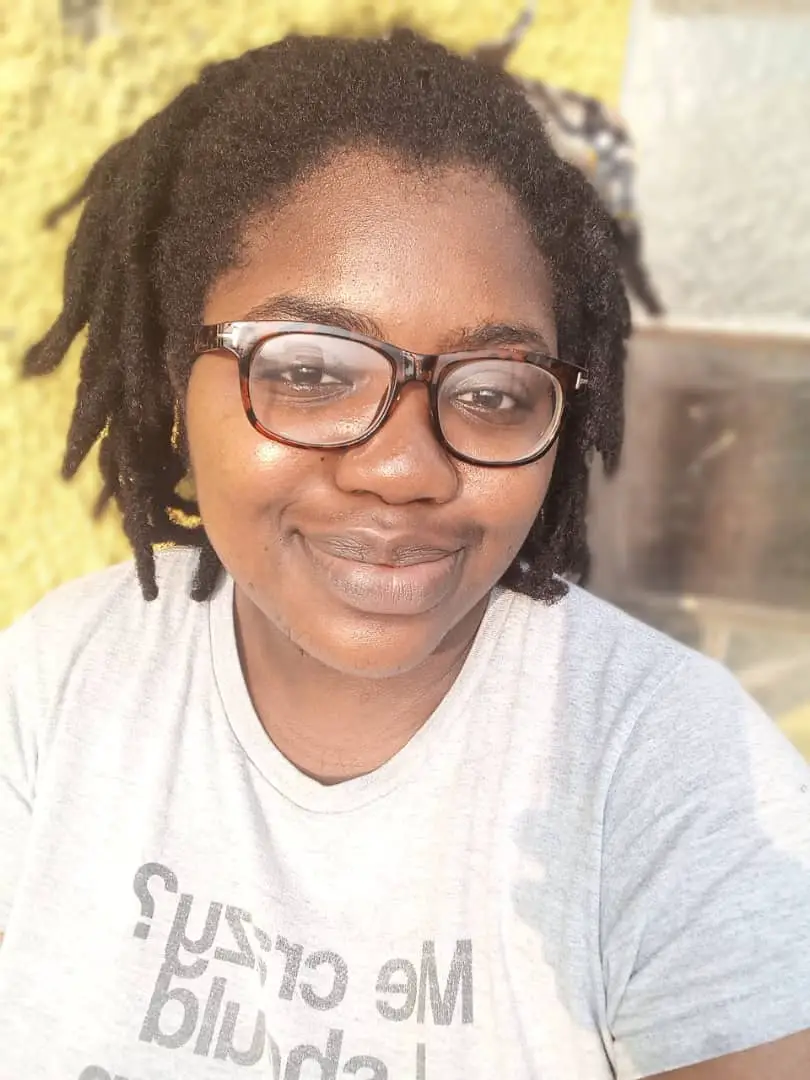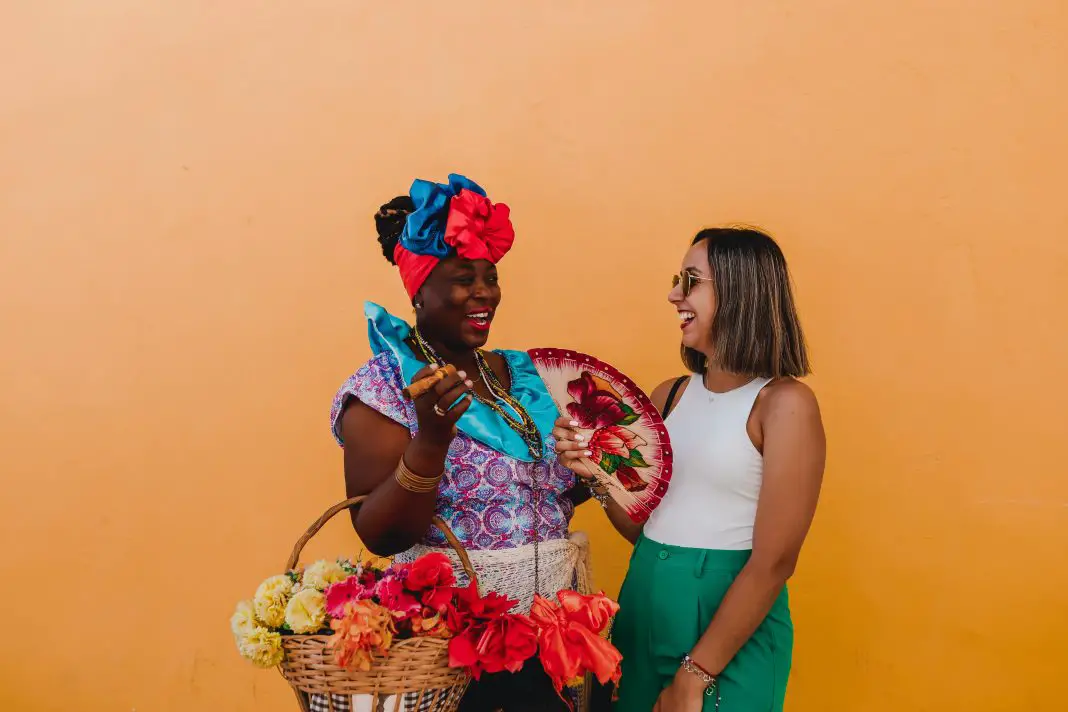Growing up, it was not unusual for me to follow my mum to meetings of only women. Some of my favourite memories involve following her to her Igbo nwunyedi meetings, seeing her discussing issues in church based women’s meetings and watching her offer support to women who were widows.
I still remember her packing Christmas gifts of rice, oil and clothes to be donated to low income women where we lived and in the church so that they too could have a memorable Christmas.
I saw from my mother, the importance of women showing up for other women and being intentional about creating spaces and opportunities specifically for women and girls to thrive.
Now, I am a feminist who believes strongly in women only spaces and opportunities. I should not have to explain this but this is for the simple reason that women are already at a disadvantage compared to men.
If it isn’t lack of inheritance, then it’s young girls education been cut short under the excuse that the family funds are low and their brothers need it more. If it isn’t wealthy women even from established families been denied the right to work as head chefs in Nigerian restaurants, then it is Chinese schools intentionally doctoring the high scores of their female candidates aspiring to medicine and outrightly refusing to admit them because “you would not go on to use it as a mother”.
Sometimes, it is in “little” things like female children been given lesser pocket money, women been discouraged by family from pursuing dreams so that they won’t be “unmarried” and women with careers experiencing sexual harassment, toxic bosses and the inability to negotiate better pay.
So yes. Women only spaces, scholarships and opportunities are important and the regard for opportunities catered towards women must be something honored by every woman who calls herself a feminist.
Women only spaces provide women in and out of careers the ability to seek support, talk about our bodies and even vent without the fear of male judgement lurking in the corners of their hearts.
Grants and financial aid directed towards only women in business, ensure that poorer women and women who do not have a proper inheritance can have the ability to scale up their businesses.
Furthermore, rural community development that targets and encourages only women to open bank accounts and provides free access to specialised birth control and healthcare for women, ensures that women in those communities are in full control of their earnings and the ability to decide when they want children and how many they want.
Even in politics and workplaces, it is necessary that a quota for women is enshrined. This is to ensure that more women have female politicians not just to advocate for women friendly laws but also to normalise the fact that a woman in power is not an aberration. In workplaces and industries, there should be quotas, affirmative action and opportunities created for women and mothers especially as this ensures that women do not lose jobs due to being mothers or being in a hostile predominantly male environment.
Speaking with Sara*, a mother and writer, she explains that there has been a disparity in the head start given to women and girls.
In her words: “We can’t spend centuries pulling the rug from other girls and women and pretend that they don’t need support to get back to a level ground.
Women and girls typically need to fight for equal treatment. The world is conditioned to see males as more competent even if they know nothing. There was a time women couldn’t be paid for work in America. There was a time MIT didn’t award doctorates to women, even if they put in the work.
Boys need a different kind of help. They just need to be taught that mediocrity with a penis is still mediocrity.”
For Shalom, she says that her quick career growth as a writer and journalist is due to women-only groups like The Emecheta Collective which I created.
To quote her: “Everything about women-only affairs are golden. Just look at the Emecheta Collective, a women-only space. Ah ah. Almost everything I’ve achieved in this my writing and journalism career so far, TEC had something to do with it.
The Abebi Award and residency last year was women-only, and it’s at the very top of best 2023 days. The few days I spent with Fiyin, and my co-winners, Iruoma, Immaculata and Janobest were so affirming and healing, and I learned so much and was so inspired. I felt deeply protected and safe. We were all women, writing and exploring what literature and stories meant to us and to the world we live in, and digging into some poignant memories and experiences and the ways that they can shape us. It was so much fun but it was also so much more than that. It’s just something you know could never have been the same if it had been a mixed space.”
So long as we live in a sexist world where women are denied the right to live free of fear and humiliation, women only opportunities and spaces will be more than necessary.
Therefore, it is imperative that more women only communities online or physically are created to give women opportunities that may not come to them otherwise.
*Name changed to protect identity

Angel Nduka-Nwosu is a writer, journalist and editor. She moonlights occasionally as a podcaster on As Angel Was Sayin’. Catch her on all socials @asangelwassayin.

